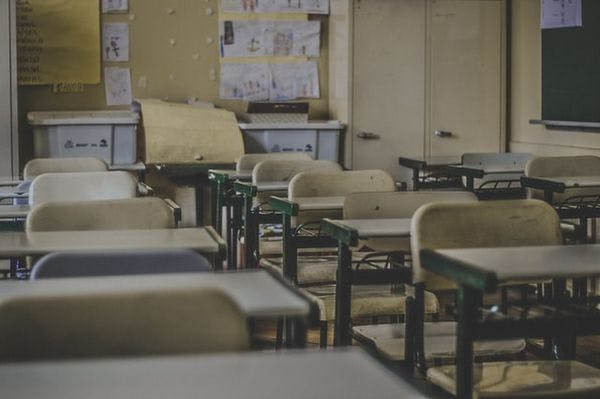Feliphe Schiarolli / Unsplash
Les enfants trouvés en possession de cannabis en Afrique du Sud ne doivent pas être poursuivis, estime le tribunal
La décision, qui fait suite à un arrêt semblable concernant les adultes, détaille l’impact corrosif de la criminalisation sur les enfants. Pour en savoir plus, en anglais, veuillez lire les informations ci-dessous.
By Bongani Nkosi / IOL
From this weekend, police can no longer arrest and haul before courts children found in possession of dagga during searches conducted inside and outside school premises.
This follows a judgment delivered by Judge Ingrid Opperman at the South Gauteng High Court in Joburg on Friday.
Judge Opperman declared the Drug Trafficking Act, as it applied to children, unconstitutional.
Her ruling brings children to equal footing with adults regarding the invalidity of the act.
The Constitutional Court ruled in 2018 that the legislation was unconstitutional as it empowered police to arrest adults found in possession of dagga.
The apex court effectively decriminalised the use or possession of dagga by an adult.
Parliament was given 24 months to fix the defects in the act.
Judge Opperman said the Concourt judgment left children “in an invidious position: those who use and/or possess cannabis are treated as criminals and criminally prosecuted for this behaviour whereas their adult counterparts are not”.
This amounted to what was legally termed status offences, a type of law that criminalised actions only for certain groups of people, she said.
